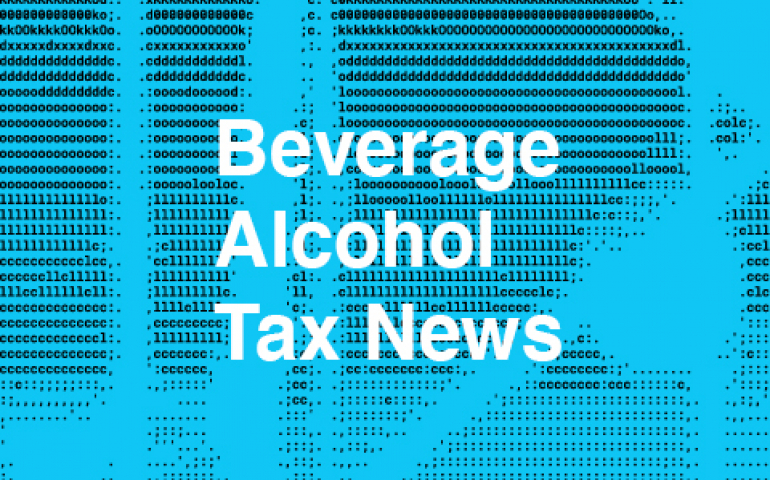Ready-to-Drink (RTD) Alcohol Beverages
Ready-to-Drink (RTD) alcohol beverages, also known as pre-mixed drinks or alcopops, have become increasingly popular in recent years. These beverages are pre-mixed with alcohol and other ingredients, such as flavors and sweeteners, and are sold in cans or bottles, making them convenient and easy to consume.
One of the major appeals of RTD drinks is their accessibility. They are widely available at convenience stores and supermarkets, making them easy to purchase and consume. Additionally, their sweet flavors and low alcohol content make them attractive to younger people, who may be likelier to try them.
However, there are also concerns about the drinks’ safety and responsible consumption. Some argue that the sweet flavors and low alcohol content can mask the taste of alcohol, making it easier for young people to consume more alcohol than they realize. Furthermore, their convenience and accessibility can make people more likely to engage in binge drinking or other dangerous drinking behaviors.
In response to these worries, some states and municipalities have implemented regulations on the sale and marketing of RTD drinks, such as increasing the minimum legal drinking age, implementing taxes on these products, and restricting their sales in certain areas.
Despite these concerns, RTD drinks continue to be popular among consumers, particularly among young people, and the industry continues to grow. Therefore, it is essential for consumers to be aware of the potential risks associated with these drinks and to consume them responsibly. In addition, the authorities should monitor the situation and, when necessary, implement regulations that protect the public’s health and safety.
In the United States, the taxation of alcohol is primarily the responsibility of the state and local governments. This means that the taxes applied to RTD alcohol beverages can vary widely from state to state. Some states have specific taxes on RTD beverages, while others tax them at the same rate as other alcohol beverages.
For example, in California, RTD beverages are subject to the same taxes as other alcohol beverages, including a 9% state excise tax and a local sales tax ranging from 0-2%. In contrast, in Texas, RTD beverages are subject to a specific 14% mixed beverage gross receipts tax and state and local sale taxes.
The federal government also has specific excise tax on certain types of alcohol, including wine, beer, and distilled spirits. The tax rate is based on the type and volume of the alcohol, and the manufacturer or importer pays it.
Critics argue that high taxes on RTD beverages can make them less accessible and more expensive for consumers, leading to decreased business sales and revenue. However, others say high taxes are necessary to offset regulation and enforcement costs and to fund public health and safety programs.
The taxation of Ready-to-Drink (RTD) alcohol beverages in the United States varies widely state to state. Some states have specific taxes on these beverages, while others tax them at the same rate as other alcohol beverages. In addition, the federal government also imposes an excise tax on certain types of alcohol. The impact on RTD beverages is a topic of ongoing debate, with some arguing that high taxes can make these beverages less accessible and more expensive for consumers. In contrast, others argue that high taxes are necessary to offset regulation and enforcement costs and to fund public health and safety programs.






